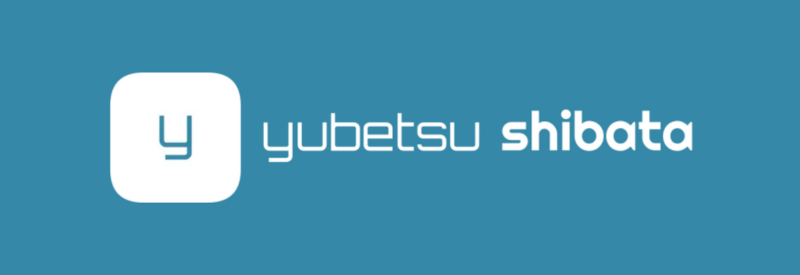Strategies for Innovative Teaching of Ethics and Rule of Law in Elementary Schools in the Context of the New Era
DOI:
https://doi.org/10.70088/9kwr0r78Keywords:
new era, elementary morality and the rule of law, teaching innovation, strategyAbstract
Today’s society is undergoing significant changes driven by technological advancements, cultural convergence, and evolving values, with the new era placing higher demands on basic education. As the core vehicle for shaping students' values, the ethics and rule of law curriculum in elementary schools must move beyond traditional teaching methods. In an increasingly globalized world, students are exposed to a wide variety of information, and if teaching content remains at an abstract conceptual level or relies solely on one-way instruction, it is difficult to engage students in deep thinking or emotional connection on moral issues. Common problems in current teaching include a disconnect between teaching materials and real-life practices, mechanical teaching methods, and a single evaluation system, leading to a gap between students' knowledge and behavior and limited participation in the classroom. At the same time, the professionalism and innovation abilities of the teaching team have not fully adapted to the demands of teaching with information technology. These contradictions highlight the urgent need for educational reform: only through systematic innovation, integrating the spirit of the times into the classroom, and empowering teaching with technology can ethics and rule of law education become a “spiritual lighthouse” for students' development, rather than just a formalized symbol of knowledge.
Downloads
Published
Issue
Section
License
Copyright (c) 2025 Jing Yu (Author)

This work is licensed under a Creative Commons Attribution 4.0 International License.
















